The endeavours of Th. Aufrecht in his "Beitrage zur Kenntniss indicher Dichter" and F.W. Thomas in his Introduction to the Kavindravacana-samuccaya to give a list of poets quoted in different subhasita-samgraha-s have proved to be very useful for our closer acquaintance with the literature of ancient and medieval India. These poets would have been completely unknown to us if their names and verses had not been preserved in the Sanskrit subhasita-samgraha-s and in the subhasita-samgraha-s of ‘Greater India’. The aim of the present Maha-subhasita-samgraha is to continue to a much larger extent the work begun by Otto Bohtlingk who in three big volumes collected, edited and translated into German 7613 verses (he called them Spruche; but I prefer to call them subhasita-s), as well as of Th. Aufrecht and F.W. Thomas who gave lists of authors quoted in various subhasita-samgraha-s with indications where they occurred. It has been emphasized several times before that "an up-to-date compendium containing all the known subhasita-s arranged in an alphabetical order is still a necessity". The opinion has also been expressed several times that if anthologies in Sanskrit were to be exploited in any significant manner for the study of the history of Sanskrit literature (the importance of the subhasita-s for the history of Sanskrit literature is widely admitted), comprehensive indices and concordances of all the available anthologies would have to be prepared; they would also provide a compass to those who navigate in the ocean of subhasita literature. The present Maha-subhasita-samgraha is intended to fill this gap. …. The present Maha-subhasita-samgraha is based on all the subhasita-samgraha-s, available to me, which are mentioned in the Introduction below. At the beginning of each volume, the list of authors quoted in the subhasita-samgraha-s is given and at the end a subject index, since the subhasita-s are quoted in alphabetical order and not according to subject matters. The alphabetical system seems to be particularly convenient for philological studies and for the easier finding of the subhasita-s, provided that a subject index is also attached for those who want to find references to a specific topic and particularly for non-specialists who may find the Maha-subhasita-samgraha useful for the study of Indian civilization.
Maha-Subhasita-Samgraha: Being An Extensive Collection of Wise Sayings in Sanskrit (Volumes 1-8)
In stock
Free & Quick Delivery Worldwide
reviews
Bibliographic information
Title
Maha-Subhasita-Samgraha: Being An Extensive Collection of Wise Sayings in Sanskrit (Volumes 1-8)
Author
Edition
2nd ed.
Publisher
Length
clxiv+viii+xii+xii+xvixvi+3238p., Plates; Bibliography; Index; 26cm.
Subjects

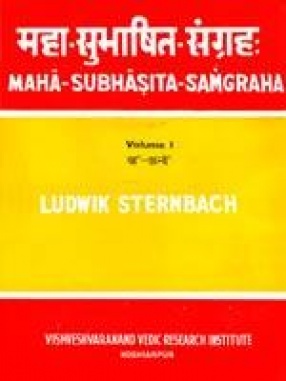
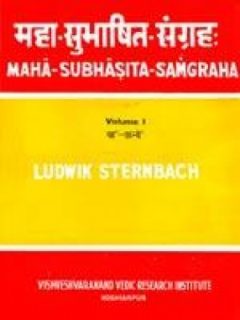
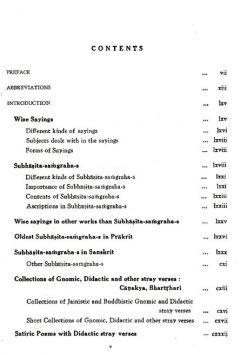
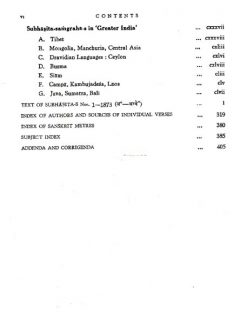
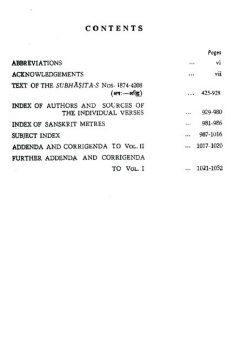
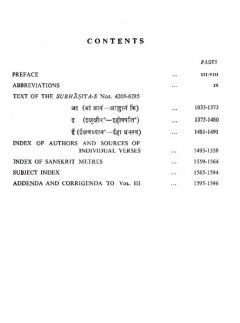
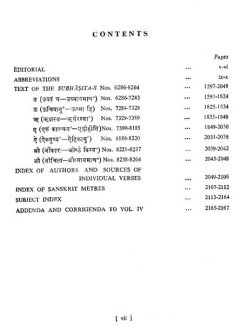
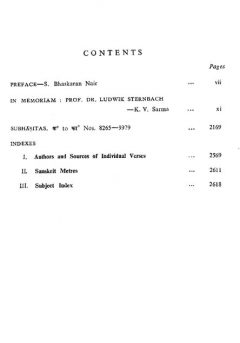
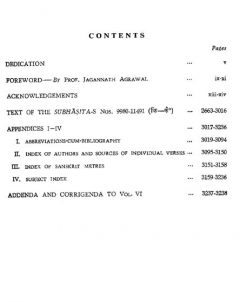
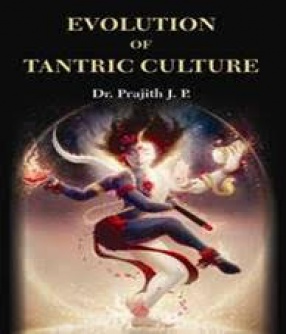
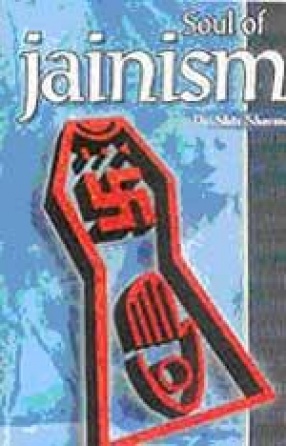
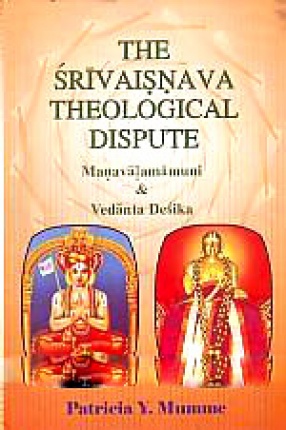
There are no reviews yet.